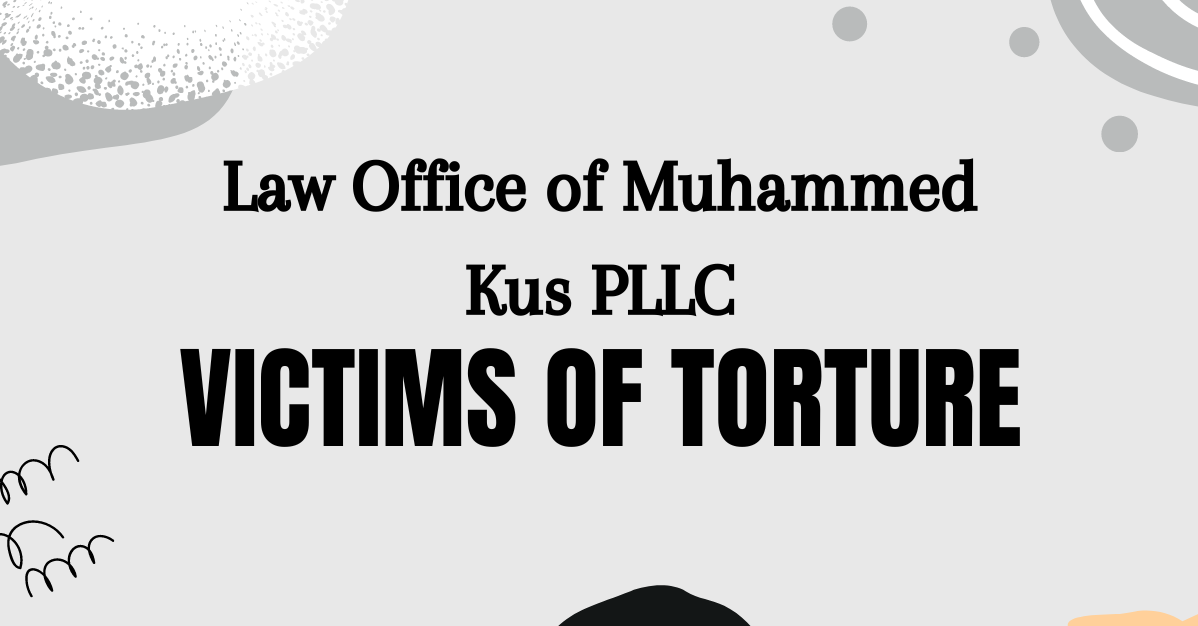A doctor’s report can be a pivotal piece of evidence in asylum applications, especially for those who have experienced torture or severe mistreatment in their home countries. When an individual seeks asylum, their account of persecution often hinges on the credibility of their personal story. However, providing verifiable evidence can be challenging, particularly when the harm suffered took place in a distant location or under oppressive regimes. This is where medical documentation becomes essential. A doctor’s examination, particularly from a professional skilled in identifying signs of abuse, can confirm physical injuries or psychological trauma that align with the individual’s claims. This can significantly bolster the credibility of their case.
In many cases, asylum seekers may bear the physical scars or suffer ongoing mental health issues as a direct result of torture. A thorough medical report that describes these injuries can provide concrete, objective evidence to support their account. For instance, a physician can document injuries such as burns, scars, or broken bones that are consistent with specific methods of torture. Similarly, psychological evaluations can reveal trauma symptoms like PTSD or depression, which often stem from extreme emotional or physical abuse. These evaluations offer compelling proof that the individual’s experiences are genuine and not exaggerated or fabricated, which is crucial when applying for asylum.
Securing a medical report can be the difference between acceptance and rejection of an asylum application. The evidence it provides can corroborate the applicant’s narrative and help establish a well-founded fear of returning to their home country. In legal proceedings where credibility is paramount, this form of documentation strengthens an applicant’s case by offering a professional, unbiased perspective. Without it, asylum seekers might struggle to convey the depth of their suffering, which could jeopardize their ability to secure refuge. Therefore, for individuals who have endured torture or mistreatment, obtaining a detailed medical report is not just helpful—it can be vital to achieving safety and security.

